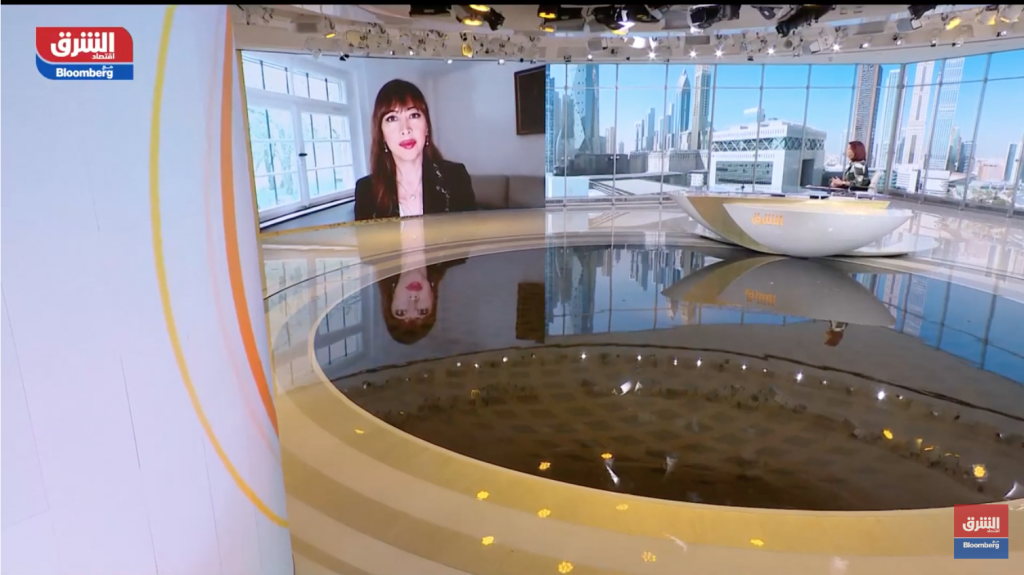In this interview given to Cyba Audi from Asharq Business Bloomberg, Dr Carole Nakhle, CEO of Crystol Energy, comments on the vulnerability of energy facilities and infrastructure to cyberattacks.
Dr Nakhle warned that we will increasingly hear more often about cyberattacks especially on energy facilities – the attack on Colonial pipeline is one example. However, such attacks have been occurring more frequently than have been publicised. Energy infrastructure is an easy target due to the value attached to the services it provides as well as the financial ability of companies to pay the ransom, let alone the critical importance of such infrastructure to the economy and society. In this respect, hackers know that the companies won’t hesitate to pay the ransom to resume service.
From another perspective, a survey carried out by Crystol Energy found that although energy companies are embracing digitalisation at rapid speed, they are not giving the same importance when it comes to cyberattacks and the risks associated with the digital transformation. The more companies are transparent about the risks and attacks they face, the easier it becomes to tackle the problem.
On the Colonial pipeline attack, Dr Nakhle explained that resuming flows of an oil pipeline doesn’t happen overnight as there are several technical considerations, such as pressure, that should be done right. However, she believed that the disruptions to supply are temporary and the increase in prices would be corrected accordingly.
With respect to international oil markets, Dr Nakhle did not envisage any significant changes in OPEC+ market outlook: the producers group position will continue to be that of a cautious recovery. Downside risks such as the COVID-19 pandemic will persist, as is the case in India and other countries, but there haven’t yet been any drastic changes to the fundamentals to push OPEC+ to revisit its production decision for the second quarter of this year.
Dr Nakhle argued that if India wasn’t suffering from the current healthcare crisis, we could have seen oil prices surpassing their stubborn ceiling of $70/bbl. India is one of the biggest oil consumers and the 5th largest economy worldwide, so it definitely has an impact on the market, and currently holding prices back. However, this negative impact is being counterbalanced by growth in the US and China, which together account for around 40% of global GDP. Europe is embarking on a similar journey. If India manages to control the pandemic, we can expect an upward pressure on prices, everything else remaining the same.
Watch Dr Nakhle's remarks on the vulnerability of energy facilities and infrastructure to cyberattacks
Related Analysis
“New Opportunities 2021: Some optimism for oil markets“, Dr Carole Nakhle, Feb 2021
Related Comments
“Financing the pandemic response and the EU bond issuance“, Christof Rühl, Apr 2021
“Global Economy and Energy Markets Weekly Commentary – 25th Apr ’21“, Carole Nakhle, Apr 2021









